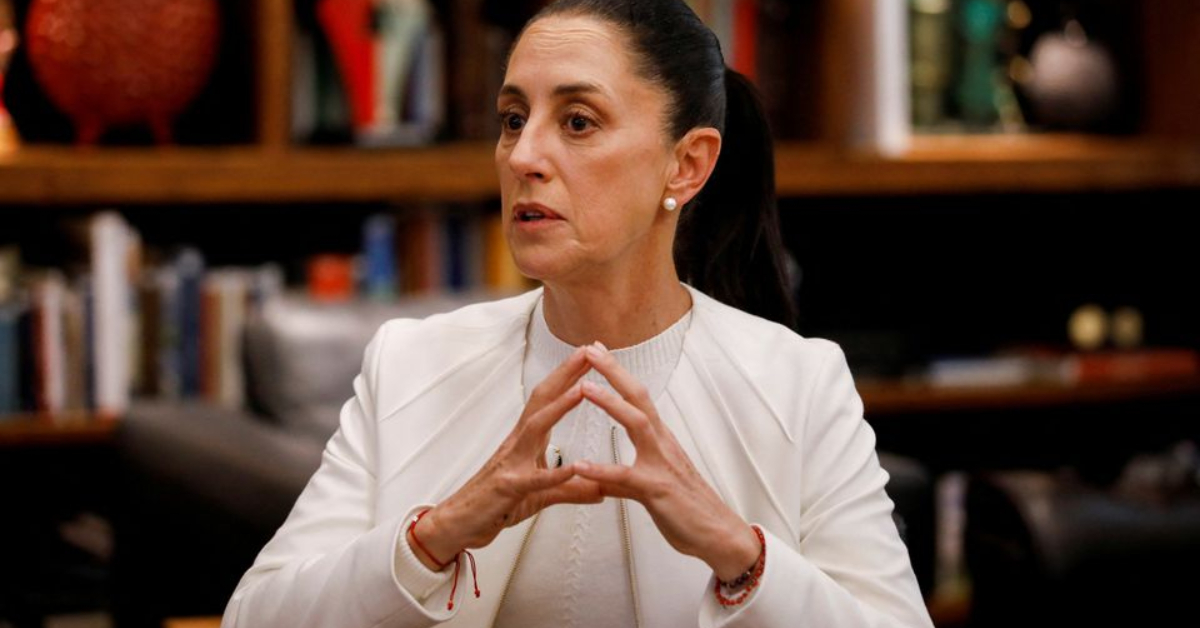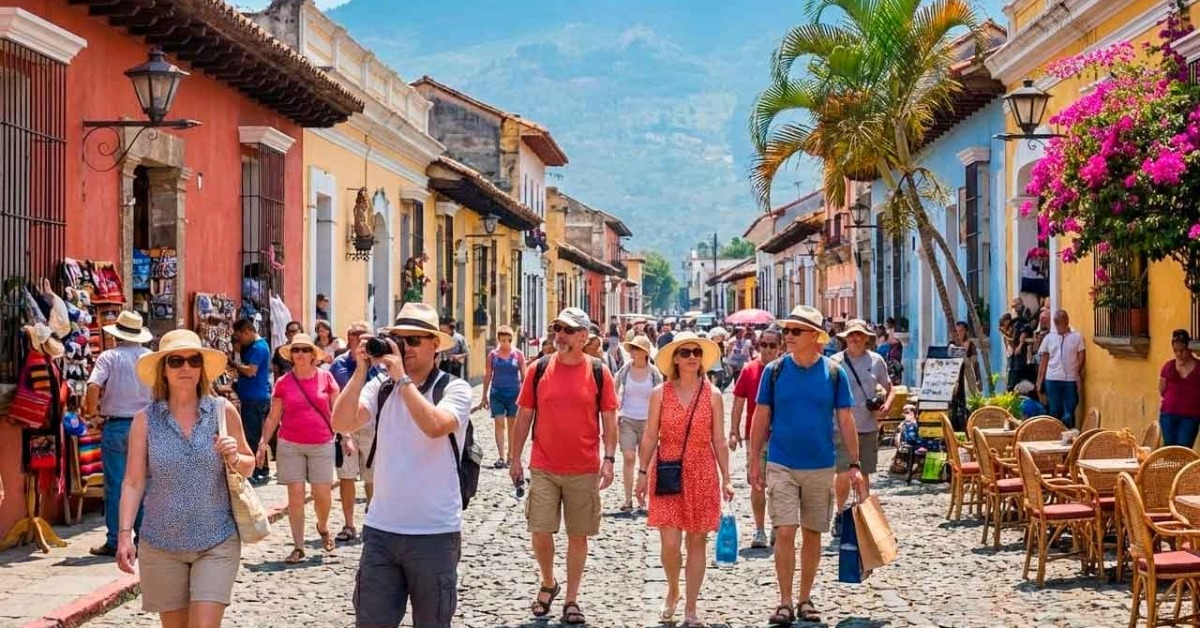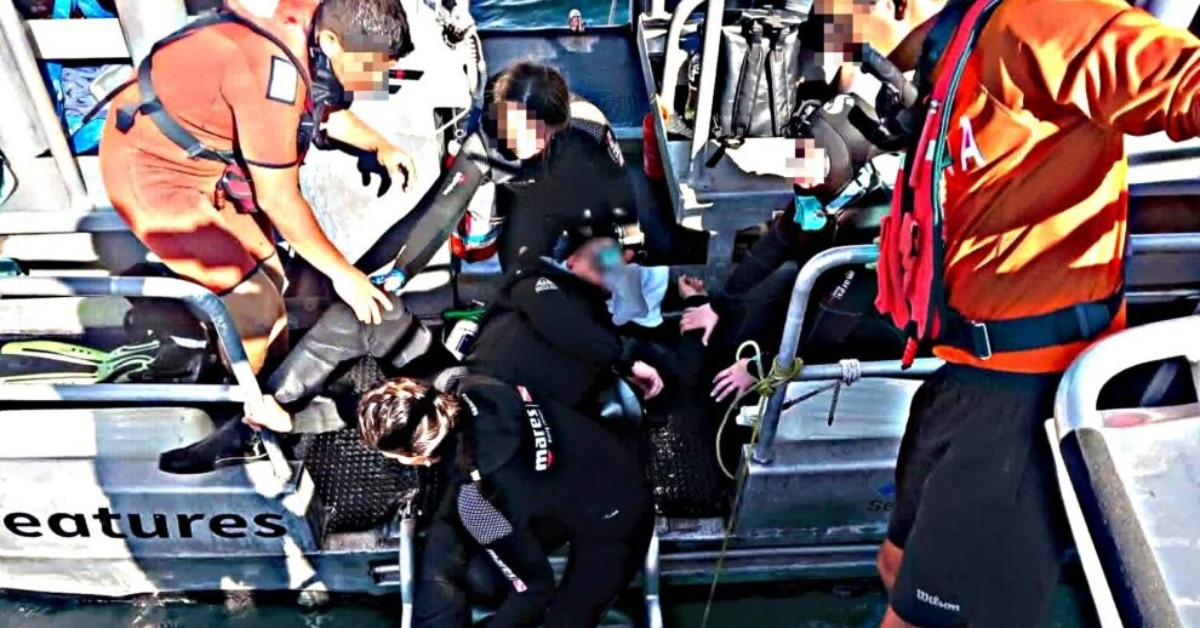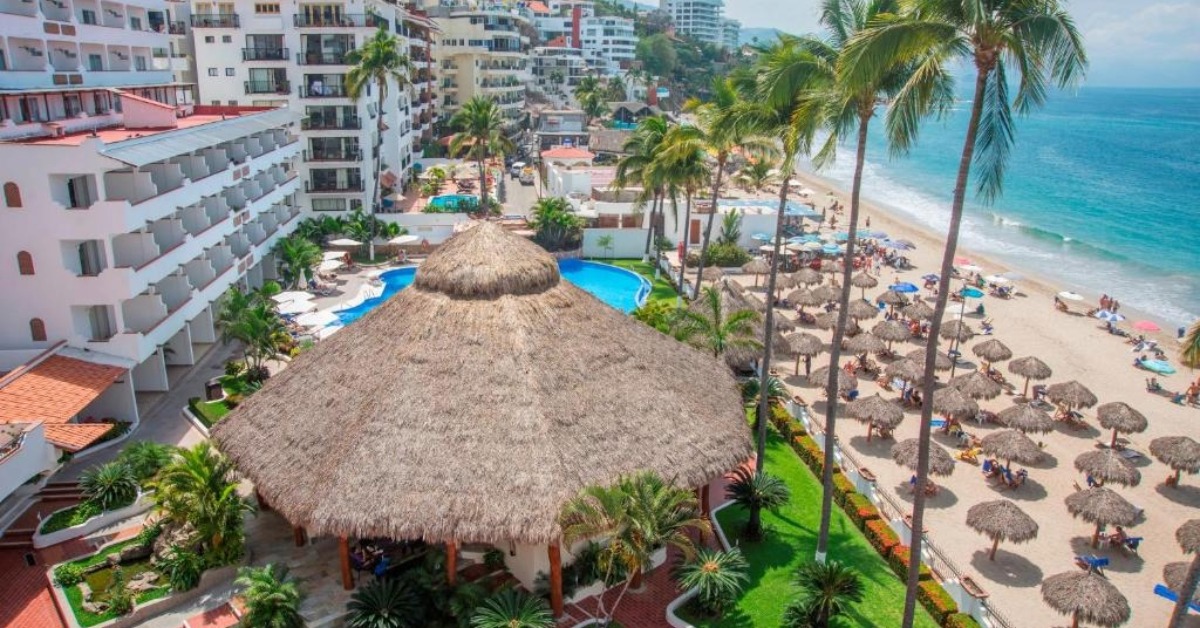Puerto Vallarta, Mexico - In the wake of a damning United Nations Committee on Enforced Disappearances (CED) report, President Claudia Sheinbaum has categorically denied the existence of forced disappearances carried out by state actors in Mexico. During a press conference on Tuesday, she stated firmly: “In Mexico, there are no forced disappearances by the State,” asserting that disappearances in the country are caused exclusively by organized crime.






